OFF THE PACE: WHAT RACING SHOULD DO YESTERDAY PT. 2
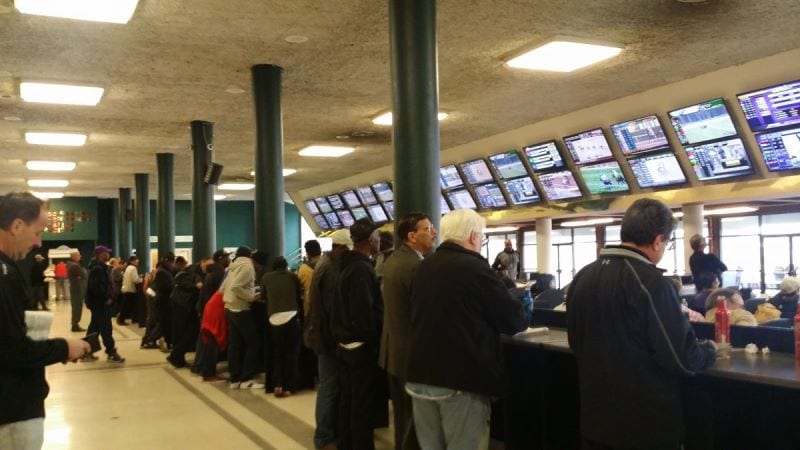
In part one of this three-part series on what changes racing needs to make, I asked industry insiders for their thoughts. For part two of this series, I solicited responses from a number of bettors.
Although these names may not be familiar to the public, these bettors have been playing the races for a significant time period and have strong and informed opinions. In fact, this group exceeds 200 years of combined wagering experience!
Here are their answers to the question, “What is the number one change racing needs to make?”

A local bettor, Christopher Woods, offered the following idea. “I think the mid-Atlantic tracks need to work together to create circuit-like meets. Less direct competition for horses will allow for more races with full fields and attractive betting options. I’ve always thought a Laurel/Pimlico/Delaware circuit would be great. Obviously coordination among the states would be the major obstacle.”
Rob Benefiel, from Kentucky, said, “As much as longtime folks are against a national governing body, I think the sport needs it: standardized rules, regulations, drug testing, and jockey rules enforcement. New bettors aren’t attracted to chaotic enforcement and cheating.”
- CT: First win(s) for apprentice Nomar Arroyo Bueno
 Ten-pound apprentice rider Nomar Arroyo Bueno won twice Friday evening for the first two victories of his riding career.
Ten-pound apprentice rider Nomar Arroyo Bueno won twice Friday evening for the first two victories of his riding career.
Alan Schneider, also from Kentucky, spoke about the challenges of getting newcomers introduced to racing.
“I know the game as a whole intimidates newbies with the overwhelming amount of information and wagering options for new folks to digest,” he said. “Making a more concentrated effort to break that obstacle of intimidation would be a nice start.”
Stan Plastek from Delaware also concentrated his comments around marketing to new segments. “Racing needs to grow the sport by changing the demographics of the bettor,” he pointed out. “Patrons are predominantly older males. Without changes attrition will continue to shrink the fan base and along with it revenue.”
Russ Solis from Texas had a number of suggestions.
Russ said, “Programs from every track should be free on their websites. The bettors aren’t getting any younger. I think countrywide rules and regulations need to be put in place. Get the corrupt people in the sport out for good. Make it a clean environment for everyone.”
Another bettor who concentrated on marketing suggestions was Tom Pardini from Delaware.
“Tough question, but I think that they need to market better. Take a look at the Pegasus commercial that was put out a few month ago,” he said. “A bunch of overly dressed people that have never been to the track. Who the heck was that meant for? That is just one example. There are so many good jocks, and trainers, that the sport should highlight them to promote the game. In addition the gambling aspect of the game has to be promoted.”
- LRL: A full circle moment for Daniel McKenzie
 For owner-trainer Daniel McKenzie, Sunset Rising’s win in a Sunday maiden race at Laurel Park was the fulfillment of “a lot of years, a lot of hard work.”
For owner-trainer Daniel McKenzie, Sunset Rising’s win in a Sunday maiden race at Laurel Park was the fulfillment of “a lot of years, a lot of hard work.”
Rich Scherr of Delaware, who started playing the horses in New York in 1968, had a succinct suggestion: “In this day of inter-track wagering, a greater effort needs to be made to not run races on top of one another.”
Albert Andrews of Delaware mimicked a line from The Graduate by saying just one term: “Low takeout.”
You can sense the feeling of many of those who commented that the game they love is not being marketed and run the way they think would be best.
In the final part of this series, I will use both my personal experience and what I have heard from bettors and insiders to present a list of the top 10 things racing should have done yesterday.
LATEST NEWS


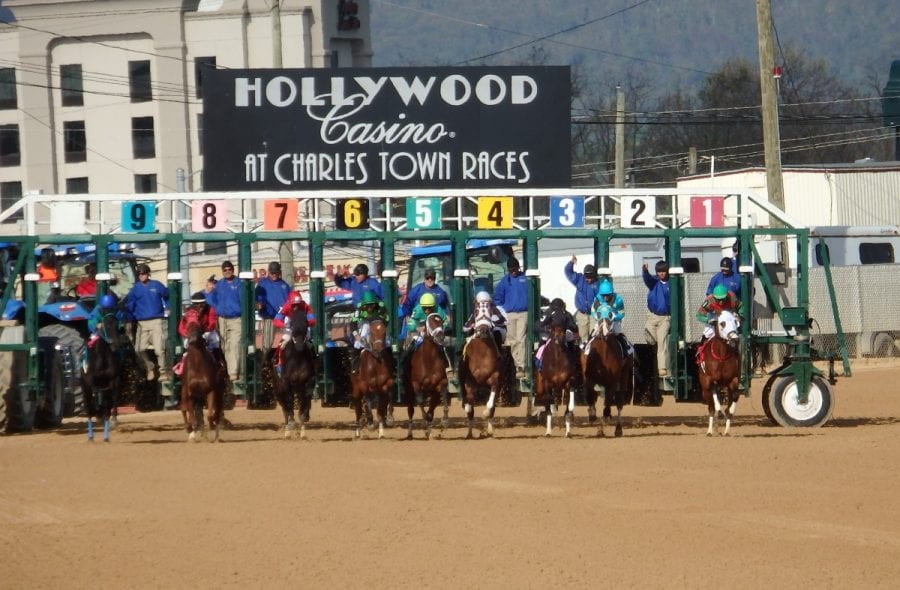
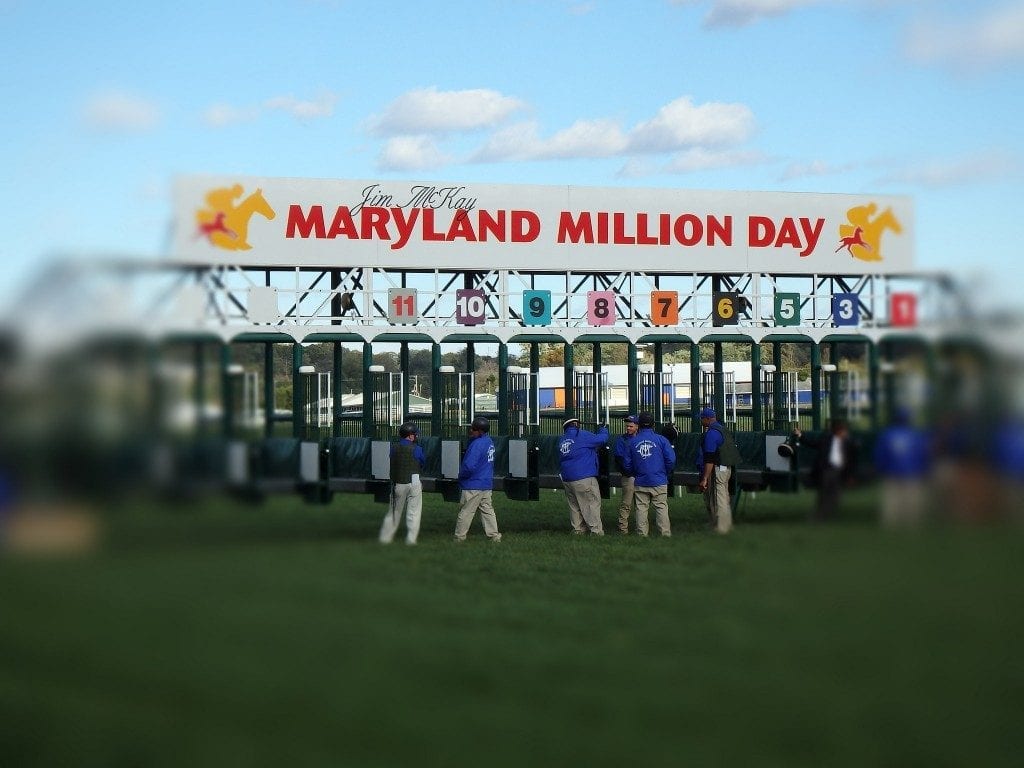
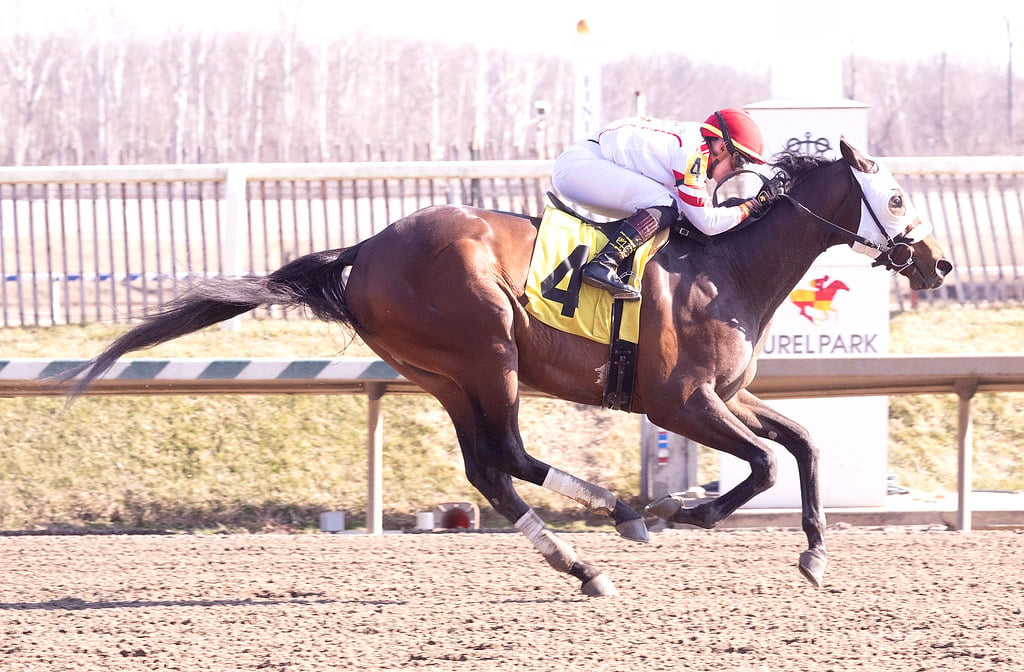
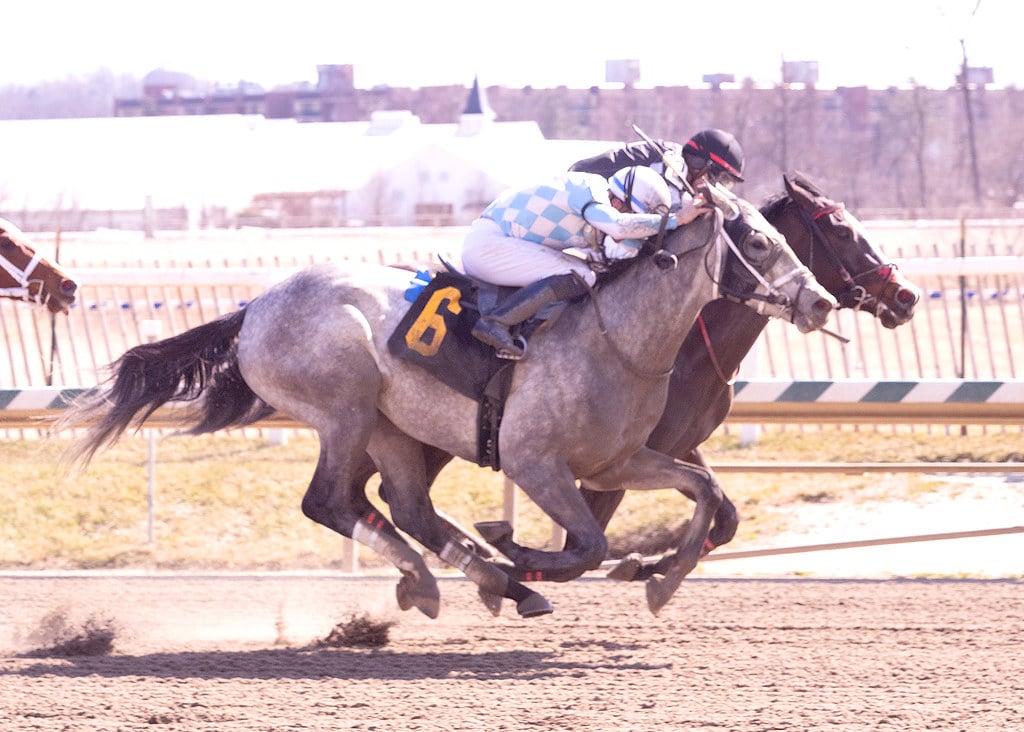

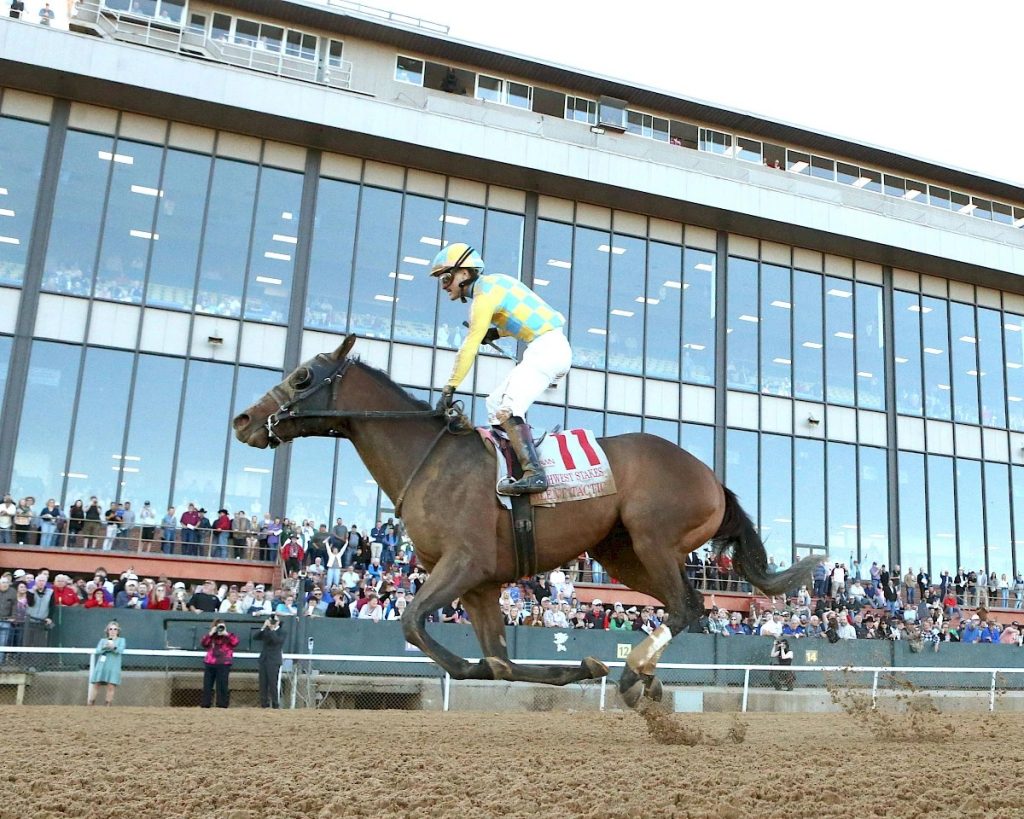
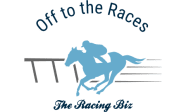
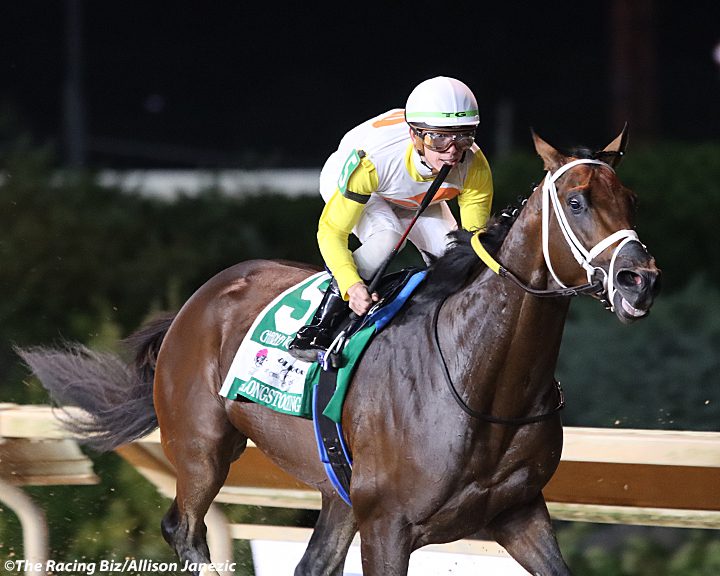



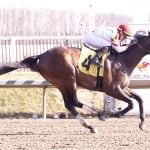


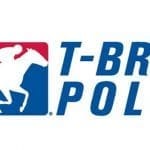

Anonymous
13th Apr 20215
Bill
13th Apr 2021Amen
rick be
14th Apr 2021I’ve been betting horses for 60 years.
And was an insider at one time and knew
many of the tricks played on the public.
I have to say,Horse Racing at this
time is cleaner then at any
time in the past.
william m lindes
15th Apr 2021I look at my young nephews who bet on everything except horse racing. Who’s fault is that? Instead of pointing fingers, how can the Jockey Club turn the Ever Given problem of horse racing into a solution of rejuvenating the sport? Maybe some brilliant billionare marketer can seize horse racing like Egypt did with the stuck Suez Canel ship; the Ever Given. Politics aside, look what Jeff Bezos did in just 3 years when he purchased the Washington Post. He doubled web traffic. And made it profitable. Newspapers are very much like horse racing. The sport needs someone to save it from its self. Please.
rick be
16th Apr 2021My local rag,used to publish entries and results of NY and New England races
and decided to drop them completely.There are many horse players here in Corrupticut
and I could never figure out why. Now it barely makes mention of the Kentucky Derby.
rick be
16th Apr 2021There was a TV show about horse racing
-I never saw it but it was apparently fairly popular.
The industry should create another one or more
to appeal to those who have never been to a
Race Track or even considered it.
Stan Plastek
16th Apr 2021Very enjoyable read.
Looking forward to part 3 and a tip for the upcoming Kentucky Derby.
Keep up the great work.